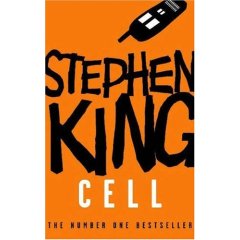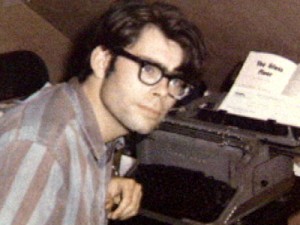It’s my mother’s birthday. Were she still shuffling, flat-footed and bunion-aching, along this mortal coil of frayed and ravelled rope, she would be turning 95 today. She would be steamed. I’m so angry I could spit! she used to mutter when one of us, not always me, would race heedlessly past the wide but certainly finite fields of her patience. She loved life, doted on her family and especially those teeming crowds of grandchildren gathered around every Howden turkey. She’s a woman who suffered, and yet got pretty much what she had hoped for in life. In her last months, though, she’d had enough, and was quite-content-thank-you to be DONE with sleeping and waking and eating and all these things. One day in a hospital bed, she awoke, looked around with confusion and (at least the way I read it) growing dismay, and said, “Am I still here?”
Today is Enid Day. She died in 2006. (I remembered her, in one of my favourite and least-saleable pieces in JHdotCOM history, here: http://jameshowden.com/2006/11/enid-mary-elizabeth-howden/ . Sorry, still unable to hyperlink.) Her birth-day is when we most remember her. I got a note from Big Sister that looked forward to her third Enid Day in Nunavut, where she her last few years of “retirement” teaching some of the damaged and despairing children and youth of Cape Dorset. She was enticed there by my ex-wife, with whom she lives. (That’s a pretty good story, I figure, though not mine to tell, not yet.) So, happy Enid Day to them, to all my relations, and to you and me.
In memory of her, I have declared this SIV Week. I’m not sure who was more stubborn, Enid or my Dad, though I’d say both changed astral planes more easily than they often changed their minds. The stubbornness I rue with such arm-waving in my fourth son informs me — eventually, ruefully, guiltily — of just how cement-headed I so often and so chronically am. Solution? StubbornnessIsVirtue Week. SIV. If you can’t beat ’em, join ’em; if you can’t alter it, exalt it! Winston Churchill was stubborn. So were Gandhi, King, Teresa. So am I, if only I could beat that adamantine forehead of mine against more meaningful walls.
Therefore, this having been declared SIV Week, I’m taking several half-finished things that I’ve written over the past while — and, for various reasons, chief among them cowardice, fatigue and cerebral untidiness, haven’t had the poop to complete — and I’m GETTING THEM BLOODY WELL DONE. (I also remain, certainly, cursed by Enid’s endlessly repeated counsel that if a job’s worth doing, it’s worth doing well, which has led to more procrastination and dismayed unfinish-ing than either of us can abide.) So, first you’ll see, in the It’s All About Sports section, my final Final 4 basketball thoughts, though that American college hoops lollapalooza finished three weeks ago. Other gottawritems are even older, but won’t look so obviously out-of-date because they’re less particular.
So: I’m finishing stuff. I’m clearing the decks. Spring cleaning of the neocortical kind. Purging. Loosening my load, in hopes that new and fresh things might follow, but mainly out of brute determination to do-stuff-my-way-even-if-it-makes-no-sense-to-readers-’cause-Mum-never-gave-up-and-mulishness-should-sometimes-bear-fruit-even-if-it-looks-like-a-dungpile. It’s MY dungpile. I made it all by myself! Happy Enid Day, and Happy StubbornnessIsVirtue Week!!
The rest, below, is in explanation of what this site has done and does when it’s not SIVW.


